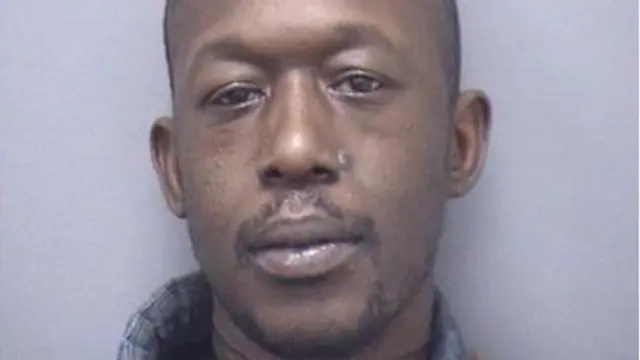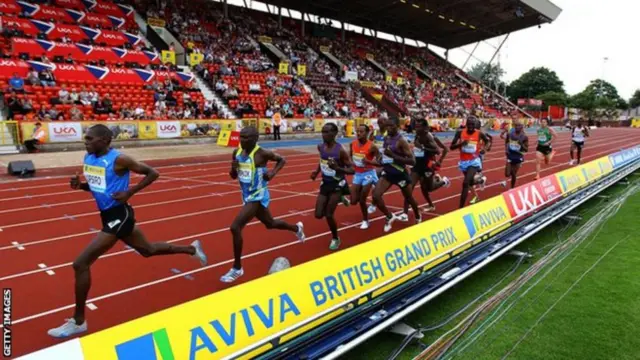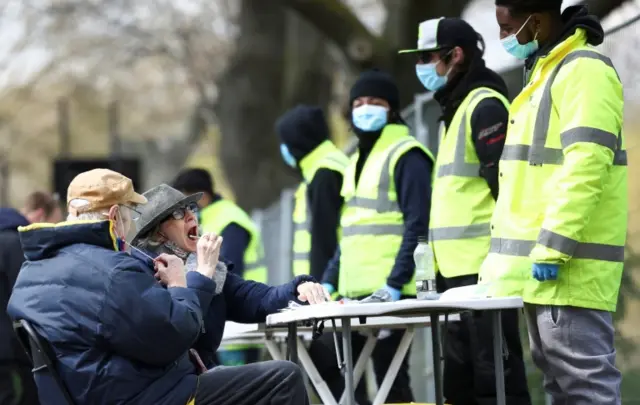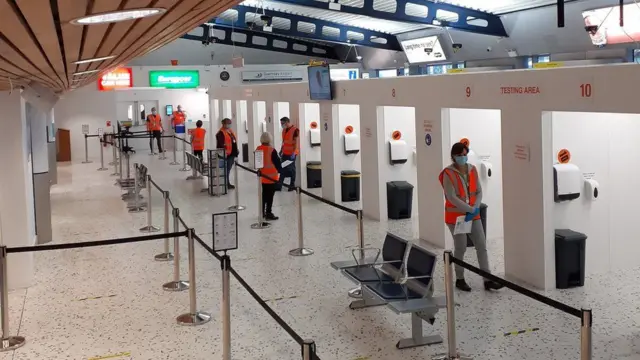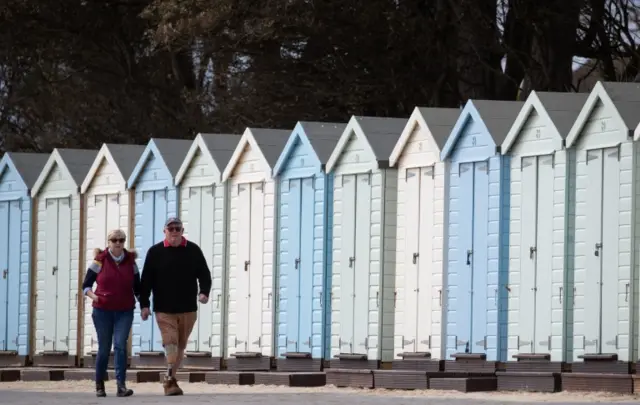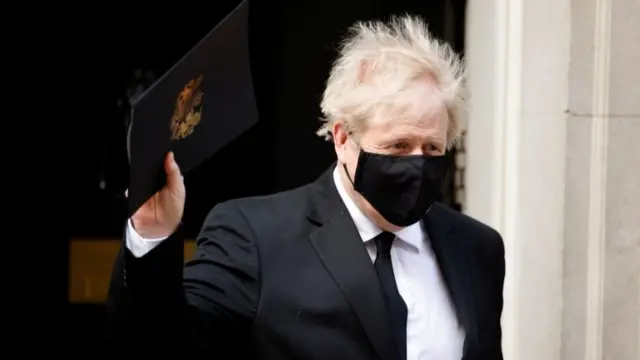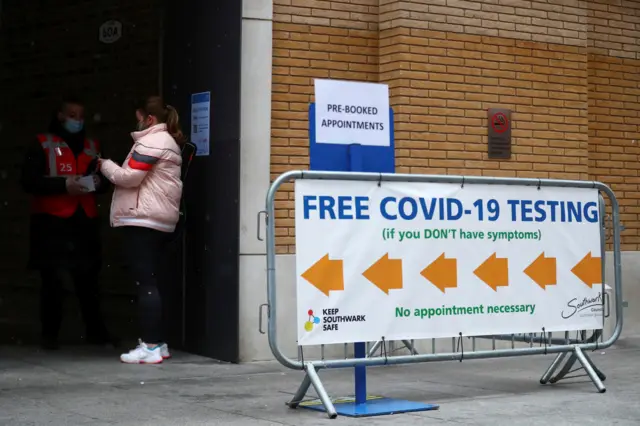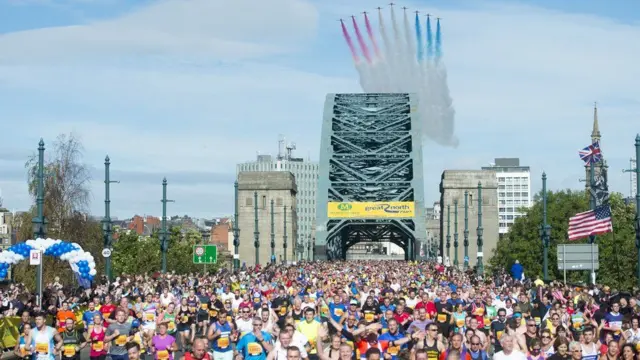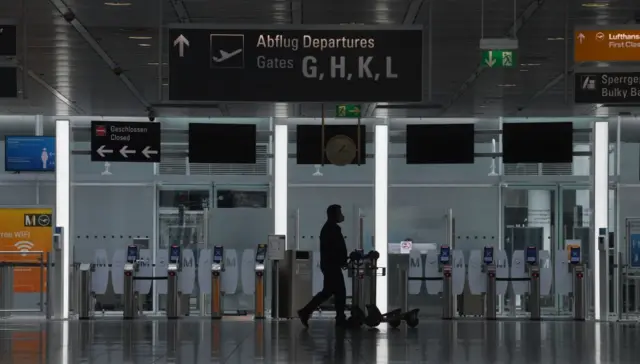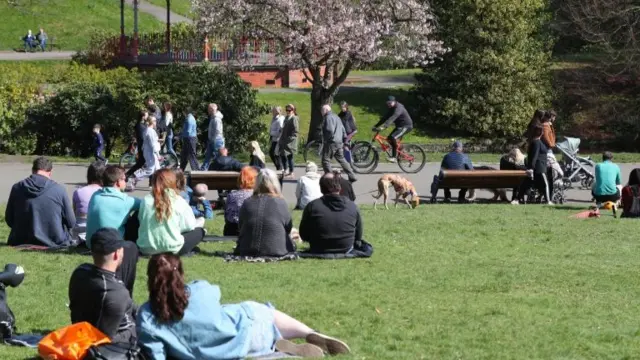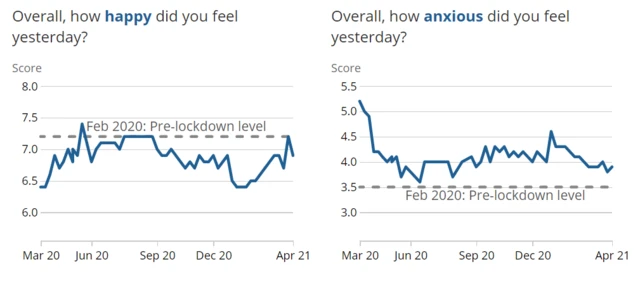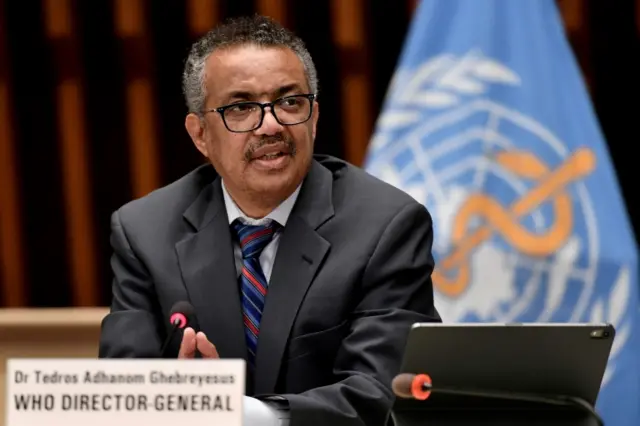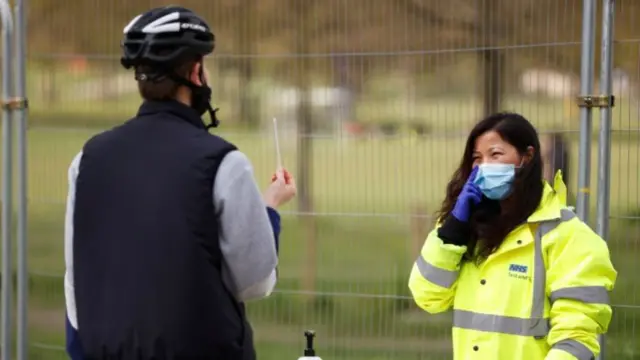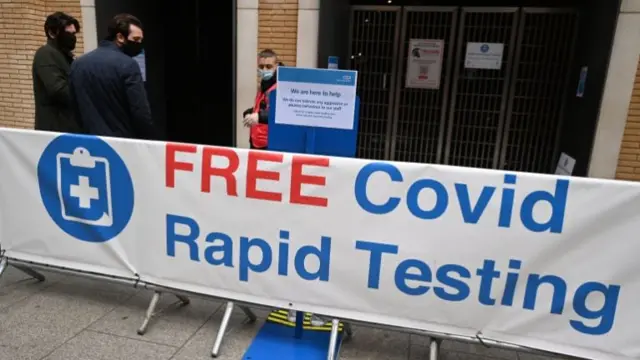How will Covid restrictions affect Prince Philip's funeral?published at 15:43 BST 16 April 2021
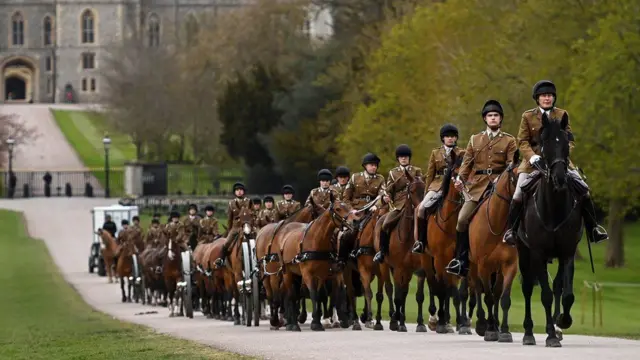 Image source, EPA
Image source, EPAFinal preparations have been taking place for the Duke of Edinburgh's funeral, scheduled to begin at 15:00 BST on Saturday.
The ceremony, which will be held at St George's Chapel in Windsor Castle, is being shaped by the pandemic.
Firstly, in line with Covid lockdown rules, there will be only 30 mourners at the ceremony.
As may be familiar to those who have unfortunately had to plan funerals in the past year, Buckingham Palace says the Queen has faced "some very difficult" decisions in selecting the mourners - there was originally an 800-strong congregation planned.
In the chapel, the congregation will put on masks and socially distance. The Queen will be seated alone.
Royal historian Professor Kate Williams says she thinks it will be "a very striking image" to see the Queen sitting alone rather than with the other mourners.
Speaking to BBC Breakfast, she said: "They'll be wearing masks and sitting in their bubbles in St George's Chapel. And the Queen doesn't have a bubble, the bubble was Prince Philip."
Prime minister Boris Johnson will watch the Duke of Edinburgh's funeral on television from his country residence of Chequers, Downing Street says.
He was understood to have been expected to attend the funeral by the royals but offered to step aside with the number of guests limited.
Read more about the plans here.
